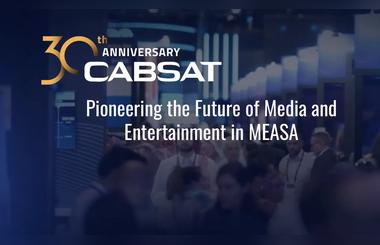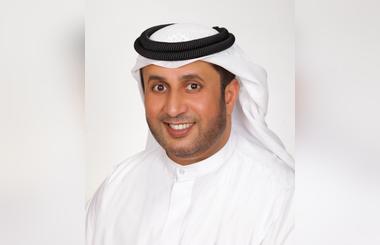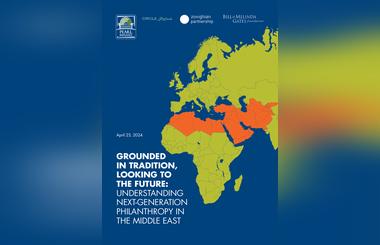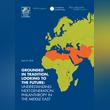
- ID Number 24523
- Aug 08, 2023
- 202
Call to achieve gender parity in education to overcome chronic poverty and usher in positive social changes
The 2nd annual Global Education and Skills Forum (GESF) concluded in Dubai with a call to achieve gender parity in education in order to overcome the challenges of chronic discrimination and poverty, and usher in positive social changes around the world.
Held under the patronage of His Highness Sheikh Mohammed bin Rashid Al Maktoum, Vice President and Prime Minister of the UAE and Ruler of Dubai, the GESF, held between March 15-17, gathered more than 850 world leaders, business leaders, government ministers, and education experts including President Bill Clinton and Tony Blair in a joint effort to tackle the global education crisis.
Addressing the final day of the Forum, Her Excellency Reem Al Hashimi, UAE Minister of State and Chairperson of Dubai Cares, said: Girls education should be the cornerstone of every single social intervention. If girls are not part of an education process, any effort in this area will be far from achieving sustainable development, and the cycle of poverty will not be broken.
Panellists highlighted that girls are less likely than boys to complete primary school, while only 38 per cent of countries have achieved gender parity in secondary education despite international commitments to close this gap.Poverty, distance from school, unsafe learning environments, a dearth of trained female teachers and social norms were cited as key reasons behind the marginalization of millions of girls from the sphere of knowledge and skills development.
Showcasing UNESCOs Global Partnership for Girls and Womens Education, Irina Bokova, Director-General of UNESCO, said a number of innovative partnerships and multi-stakeholder cooperation are currently part of the efforts to overcome discrimination and exclusion, particularly in Africa and Asia.
The education of girls will be the game changer in social transformation. It is the key to sustainable development. In order to achieve this objective, UNESCO seeks to increase partners, geographic reach and resources, Bokova said.As UNESCO aims to achieve future sustainable goals by 2015, the huge challenge in the global effort will remain unsuccessful without investments in girls education. Private-public partnerships are therefore critical in this area, Bokova added.
The final day of the Forum also saw the launch of a major campaign, Business Backs Education, challenging business to commit 20 per cent of its global corporate social responsibility (CSR) spend to education by 2020. The campaign, in partnership with UNESCO and the Global Business Coalition for Education, is designed to bring business in line with government and NGO education spending targets.
The launch of the campaign is not about CSR or charity but an effort towards an investment for the future, said Majid Jafar, CEO of Crescent Petroleum, UAE. Businesses must realize that one of the biggest challenges before them is finding the right people to match their future growth requirements. Rather than wait for governments to act and provide the required human resources, the best option before companies is to start investing in education, Jafar said.
Describing the campaign as an unprecedented opportunity in the area of education, Jim Hagemann Snabe, Co-CEO of SAP, Germany, said: We are including 2 billion people in a creative process, propelling companies into the digital world to create opportunities everywhere in the world. Snabe said that while the speed of technological developments can be perceived as a problem which forces companies to constantly evolve, technology is actually a solution to reach every individual in the world at much lower costs.
The initial signers to the Business Backs Education campaign are: SAP, Crescent Petroleum, PwC, Honeywell Group Nigeria, Majid Al Futtaim, Jumeirah Group and Equity Bank Kenya. Many more companies are expected to sign up at five different summits over the course of the year in London, New York, Hong Kong, Johannesburg and Dubai.
Speakers addressing various sessions during the Forum underlined the need to forge effective and integrated partnerships between the public, private and social sectors to make the best use of new technologies to provide access to quality education to children around the world.
The GESF was organised in partnership with UNESCO, the UAE Ministry of Education, GEMS Education, the Varkey GEMS Foundation and Dubai Cares, in support of the United Nations Secretary Generals Global Education First Initiative.

Mazagan Beach & Golf Resort Invites Guests to Enjo...
- Apr 24, 2024

UAE teacher named regional winner of the 2024 Camb...
- Apr 24, 2024

Offering virtual clinic services and home visitati...
- Apr 24, 2024












